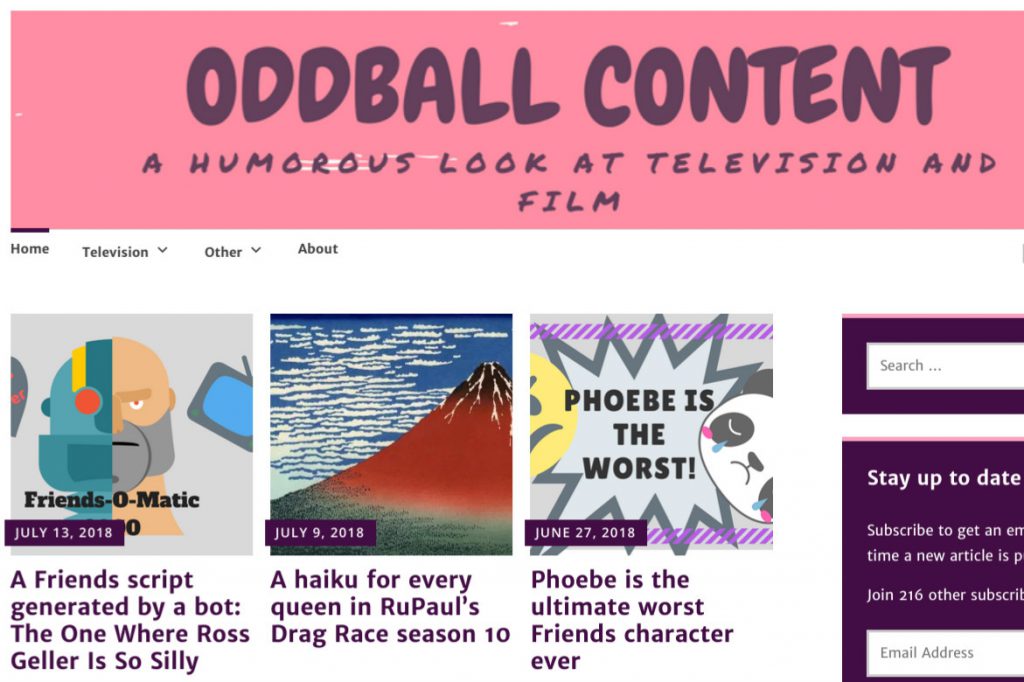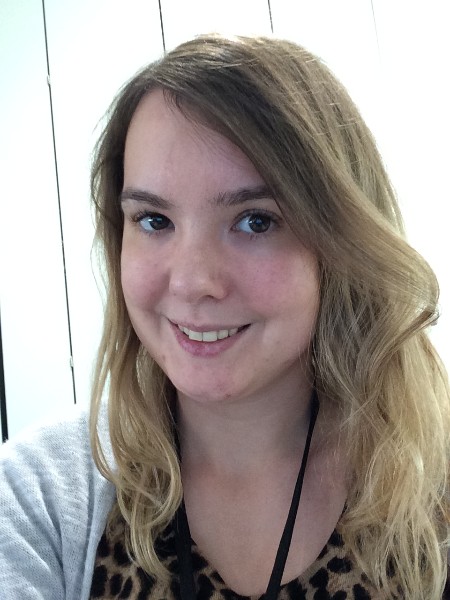How to keep up
About the author
Our guest authors are what make PR Place such a vibrant hub of information, exploration and learning.

Guest contributor Polly Foster discusses her commitment to learning and development.
 The world of communications and public relations is constantly changing. With audiences consuming content in new ways, legal changes like GDPR and technological advances such as virtual and augmented reality, it can be hard to keep up. That’s why continuing professional development is so important. In fact, the CIPR (Chartered Institute of Public Relations) describes training and development as an ethical imperative, to raise and maintain standards in the industry.
The world of communications and public relations is constantly changing. With audiences consuming content in new ways, legal changes like GDPR and technological advances such as virtual and augmented reality, it can be hard to keep up. That’s why continuing professional development is so important. In fact, the CIPR (Chartered Institute of Public Relations) describes training and development as an ethical imperative, to raise and maintain standards in the industry.
This sounds good, but what does it mean in practice? To illustrate, I’m going to tell my learning and development story, followed by my top tips.
My formal communications training started when I completed the six-month online Google Squared certificate in digital marketing, after being awarded a full scholarship aimed at ‘bright, entrepreneurial thinkers who aren’t afraid to take risks and make mistakes’.
As a graduate of this programme I was eligible to enter the Google Squared Awards for digital communications. I beat over 100 entrants to win top prize – Digital Champion of the Year – for excellent use of data to inform communications campaigns. The prize was a trip to the Digital Marketing Forum in Amsterdam.
Following this success, I completed a master’s degree in corporate communications, fully funded by my workplace. Despite being the most junior communications professional on the course I graduated ranked top in the class, studying at evenings and weekends as well as working full time.
I was determined to research innovative topics that had never been studied before. This involved interviewing journalists and animal rights protesters to investigate the social media backlash after Cincinnati Zoo shot Harambe the gorilla, writing about eSports bringing marginalised communities together, and producing a dissertation on the reasons why students create user-generated social media content about their universities.
This unique approach and creative risk paid off. Two broken laptops, six trips to Leeds Beckett University and 50,000 words later I had achieved the highest marks in the cohort for every module and graduated with distinction.
I shared my learning with colleagues through a series of presentations and was consequently promoted to my current role.
I tell this story not to boast, but to demonstrate two things. The first is that success breeds success. Thanks to projects I’d taken on at work I was able to qualify for the Google Squared scholarship, which made me eligible to enter the Google Squared Awards, which strengthened my application to my master’s degree, which in turn led to my promotion.
And who knows what will happen next? Each stage unlocks the next step, so don’t be afraid to start small and see where it takes you.
Secondly, I wanted to show how many training and development opportunities are available for free. I didn’t spend a penny on any of these courses, qualifications or training events. It’s worth seeing what scholarships are available, asking your employer to fund your development, and looking for free online courses.
But professional development is more than training and exams.
To really grow I had to push myself out of my comfort zone, getting out of the classroom and attending networking events, including volunteering as Social Media Coordinator for the CIPR South West committee. I also spent several months volunteering as a presenter on hospital radio, to gain experience creating different kinds of content.
My current passion project is comedy blog www.OddballContent.com, which allows me to develop new skills in WordPress and graphic design, as well as building an engaged community of readers.
This learning has been just as valuable to my development as any qualification. The confidence I have gained has empowered me to take on a more strategic role, driving the social media agenda in my workplace and positioning myself as a leader.
My top tips
1. Take courses
Whether in person, online or at evenings and weekends, find a way of studying that works for you. This might mean a three-year degree, or it might mean a three-hour workshop. And don’t forget to look for free options and funded opportunities.
2. Network
Sometimes you learn the most from an informal chat. Get out there and get chatting to people – you never know when you’ll run into an expert who can solve the problem you’ve been having for months. Alternatively, network online through LinkedIn groups and share expertise with practitioners from all over the globe from the comfort of your duvet.
3. Put into practice what you learn
It’s all very well to take courses and read books, but unless you use your newfound knowledge you’ll quickly lose it. Try to apply your new skills as soon as possible so they stick in your mind. For example, I’m learning more about paid social media campaigns, so I started a small-scale paid campaign to promote my blog, Oddball Content, on Facebook. It’s getting good results and cementing my knowledge!
4. Identify skills gaps with LinkedIn
While it’s not healthy to obsessively compare yourself to others, it’s sometimes useful to know where you stand. As well as being invaluable for networking, LinkedIn can be a good tool to give yourself a skills audit and see how you measure up to fellow professionals in your field. Like I say, don’t get obsessed, but if everyone’s got a skill that you don’t then it may be time to hit the books. Or the online courses!